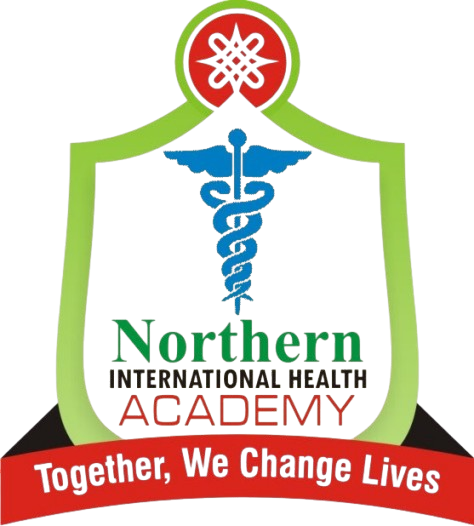Healthcare today is no longer just about doctors, nurses, and patients, it is also about data. Every prescription, lab test, immunization record, and hospital visit produces vital information. When properly managed, this data becomes a powerful tool to improve patient care, strengthen health systems, and guide government policies. In Nigeria, where the healthcare sector faces challenges ranging from underfunding to poor record-keeping, Health Information Management (HIM) is emerging as one of the most critical fields in shaping the future of healthcare.
What is Health Information Management (HIM)?
Health Information Management involves the collection, analysis, storage, and protection of medical data. HIM professionals ensure that patient records are accurate, confidential, and accessible when needed. In simple terms, they make sure the right information is available to the right person at the right time. Without them, healthcare systems would struggle to function efficiently.
The Role of HIM in Patient Care
When a patient walks into a clinic, accurate health records are essential. These records guide doctors in diagnosis, treatment, and follow-up care. A well-maintained medical history can prevent misdiagnosis, reduce medication errors, and ensure continuity of care. HIM professionals play a behind-the-scenes role in ensuring these records are properly managed.
For example, if a child has received certain vaccines at a rural health center, a HIM officer ensures that this information is captured so the same child doesn’t miss doses or receive duplicate shots when visiting another facility. This simple act saves lives and resources.
Nigeria’s Challenges in Health Information Management
Nigeria’s healthcare system has traditionally relied on paper-based record-keeping. This method often leads to misplaced files, incomplete patient histories, and inefficiencies that can delay care. Moreover, limited adoption of digital health systems has slowed progress in areas like disease surveillance, hospital management, and national health policy planning.
During the COVID-19 pandemic, the gaps in data management became evident. Without reliable health records and digital tracking, it was difficult to monitor cases, coordinate resources, and track vaccination progress.
How HIM Professionals Can Transform Nigerian Healthcare
The rise of HIM professionals trained in both manual and electronic record-keeping is a game-changer. They can:
Introduce digital health solutions to hospitals and clinics.
Ensure confidentiality and compliance with international health data standards.
Improve disease surveillance, helping Nigeria better detect and control outbreaks.
Support government planning, by providing reliable data for resource allocation.
Enhance patient care, by ensuring records are accessible and accurate.
In the long run, strong HIM practices can help Nigeria shift from reactive healthcare (treating illness) to preventive and data-driven healthcare.
The Role of NIHAZ in Training the Next Generation of HIM Professionals
At the Northern International Health Academy Zaria (NIHAZ), Health Information Management is a priority field. The school equips students with both theoretical knowledge and practical skills needed to excel in this vital profession. Students are trained not only in record-keeping but also in data analysis, health statistics, and the use of modern health software systems.
By producing competent HIM graduates, NIHAZ is directly contributing to the strengthening of Nigeria’s healthcare system. Graduates can serve in hospitals, clinics, health agencies, NGOs, and even government ministries where accurate health data is the foundation of decision-making.



Comments